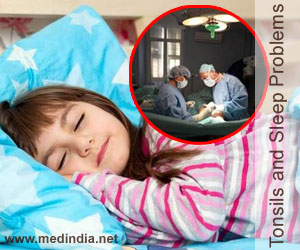
However, the result of all those sleepless nights is more than just bad moods and a lack of focus and regular poor sleep raises the risk of serious medical conditions like obesity, heart and diabetes - and can even shorten life expectancy.
Researchers from the University of Illinois, Northwestern University in Chicago and the
Hwa-Hsia Institute of Technology in Taiwan, teamed up to examine the role of workplace windows in helping sleep.
They recruited 49 office employees, just over half of whom spent the day in mostly windowless offices, while the rest experienced frequent exposure to daylight through windows.
Each one was interviewed on sleeping patterns, physical activity and general lifestyle. Some of the volunteers also wore hi-tech watches round-the-clock for 14 days to measure their light exposure, levels of physical activity and sleep/wake times.
The results showed those with the most work-time light exposure enjoyed an average of 46 minutes more per night than their light-deprived colleagues. They also scored better on a sleep quality scale and reported fewer night-time disturbances.
Advertisement
“Body needs exposure to daylight to keep its sleeping patterns on track. Light is essentially the thing that tells our bodies to be awake and dark tells them to go to sleep. The problem with office lighting is that it is not made up of 'blue' light, which is the wavelength of light you get from the sun and which controls your body clock.
Advertisement
The study was published in the Journal of Clinical Sleep Medicine.
Source-Medindia










